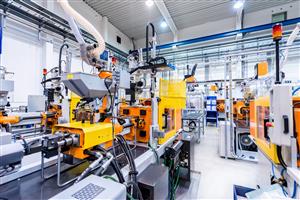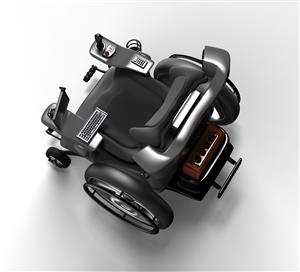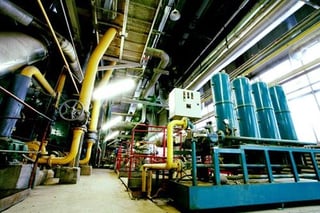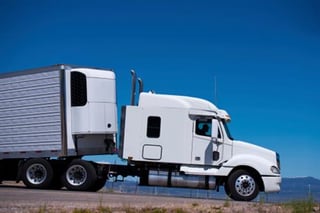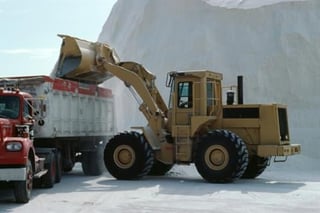
When you work in grading, working with heavy equipment is just part of the process. But what are your equipment values? Many businesses determine their equity based on tax accounting records, which may not give you an accurate picture of your equipment's value. Smart business owners turn to heavy equipment appraisal services to get the real value of their heavy equipment. Here's why:
How a heavy equipment appraisal is Helpful in Your Business
First off, let's take a good look at where tax accounting isn't helping you get the best out of your business. Tax accounting is focused on getting you the best possible results for your tax return. In most cases, this involves trying to lower the tax liability of the business as much as possible. Because it covers a wide range of industries and businesses, tax accounting is focused on what most businesses face rather than specific industries and businesses. For example, machinery is reduced in value using a depreciation table. This may not reflect the actual value of the machinery, just how much it is expected to lose value according to a table developed by the tax agency.
We've all seen heavy equipment that has been gently used and well cared for, resulting in a machine that continues to perform long after it has been completely depreciated. That equipment is an asset that still has significant value to the business owner, no matter what the tax tables say. Equipment appraisals do a great job of helping businesses recapture that hidden equity that isn't apparent in a tax return. The appraisal report provides you with legal proof if you need to make an insurance claim for a higher value than the adjustor is willing to pay without further proof. This type of documentation is also accepted by virtually every financial institution, because a certified equipment appraiser is able to document the standardized methodology and sources the appraiser used to calculate the value of the machinery.
What about the other side of the coin? We've all worked on sites that were absolute murder on equipment. Unless a machine appraisal is performed, your tax return will reflect a much higher amount of equity in that asset than may be realistic. It's bad enough knowing that the equipment will probably not last nearly as long as you had hoped when you bought it, but having to pay taxes on a false level of equity because a tax table dictates the machine's depreciated value is even worse. Because a machine appraisal from a certified equipment appraiser holds up to scrutiny and uses standard methodology to determine value, the report will stand up to serious scrutiny in court or during an audit.
By getting a heavy equipment appraisal, you're ensuring that you know the right value for your grading machinery. That will help you make good business choices, because you'll know whether you're negotiating from a position of strength or weakness, and whether that new investment is a good idea or a big risk. But are you working with an experienced, certified equipment appraiser? Using a certified appraiser ensures your machinery valuation will hold up to scrutiny in financial, legal and insurance circles.


